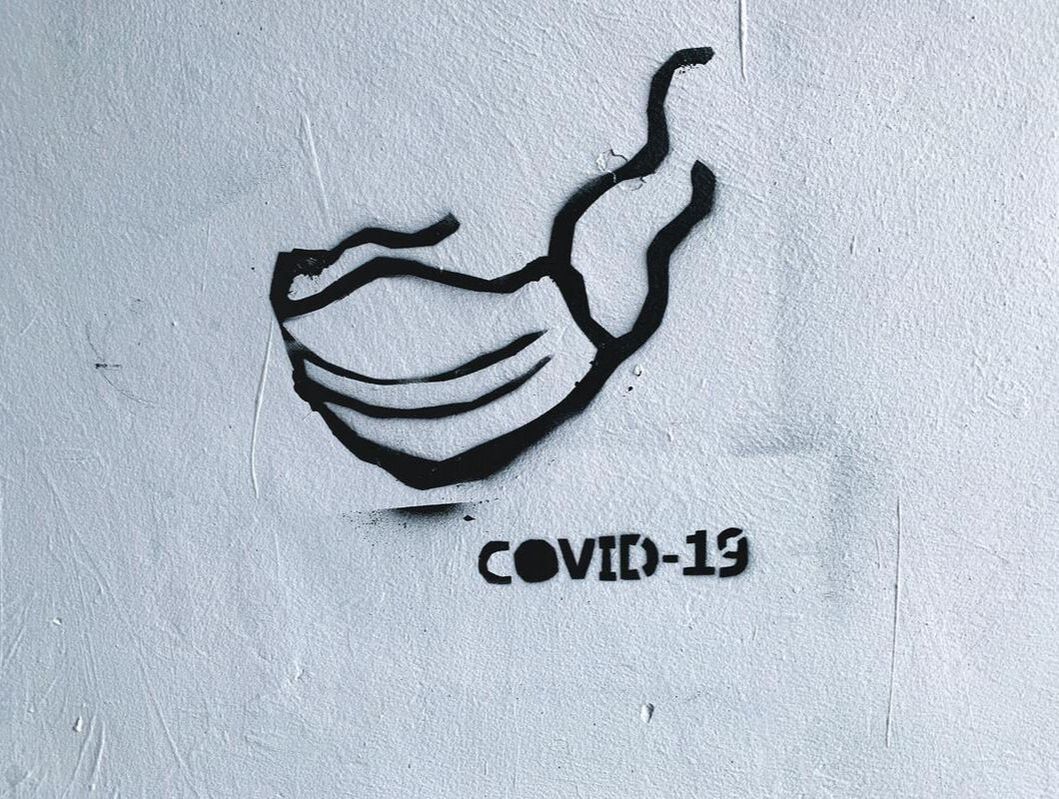|
Robert Barnett, University of London, UK
The British government’s response to the coronavirus has been marked by a puzzling inconsistency. On 12 March 2020, the British leader, Boris Johnson, outlined his government’s pandemic policy. Only a few measures were needed, he said, primarily self-isolation for those with symptoms and hand-washing for the rest of us. His insouciance was explained by his advisers: it reflected the overall importance of achieving 'herd immunity'. They noted that this had a regrettable downside, the potential decimation of the vulnerable and the elderly.[1] But Johnson had a plan to protect them: he advised the elderly to reduce family visits and not to go on cruises.[2] That was it.
0 Comments
Aditi Saraf, Ashoka University, India and Megha Sharma Sehdev, Tufts University, USA
Historically, pandemics are known to expand and extend the authoritarian powers of state. In India too, the central government has mobilised the colonial-era Epidemic Diseases Act — to authorise search and quarantine measures, as well as censor and criminalize dissenting voices. In what follows, we explore the state’s broadened powers of surveillance and policing in two frontier zones of South Asia: Kashmir and Punjab. Both regions are marked by long histories of resistance, and brutal state suppression including torture, violence and extrajudicial killings. In the Kashmir Valley, a movement for liberation from Indian rule has been ongoing since 1989. In Punjab, a militant separatist movement raged between the 1970s and 1990s before losing popular support, though many accounts suggest the movement perseveres, especially in the diaspora. The recent arrival of COVID-19 has served to augment and distort surveillance in these regions, folding them further into the ambit of state control.
Anjali Gera Roy and Swatee Sinha, Indian Institute of Technology, India
This essay dwells on the notion of invisible borders and suggests that segregation as a practice is infused within the urban infrastructure. Taking as its focal point the predicament of migrant labourers employed in the informal sector of the economy against the backdrop of the COVID-19 pandemic, it unravels a politics of the border which has always informed state policies. Migrants are often treated as parasites and as a social menace who flock to the cities and clog its civic space. While they are a much needed anomaly, bolstering the material infrastructure of the neoliberal economy by providing semi-skilled and skilled labour, they also pose a threat to its resilience. Redundant man power in the form of unemployed labour may bog down the economic momentum. Excess man power needs to be expelled to retain systemic efficiency. With the outbreak of the COVID-19 pandemic, this miscellaneous crowd of undernourished and underpaid workers with their compromised immune systems suddenly transformed into a hot bed of viral escalation. In the absence of a clear cut logistics that could ensure food, shelter and social security for the unemployed labourers during the period of lockdown, the administration could only subject them to more rigorous drills as part of its sanitisation drive. The essay brings to the fore the voice of migrant workers mostly from the northern part of India who have emigrated to the ‘tech hubs’ of India in search of a livelihood and through their narration brings out their precarious positioning within the metropolitan civic space which treats them as a necessary menace. It is based on telephonic interviews with 25 displaced migrants in Bangalore, Delhi, Hyderabad, Telangana hailing from districts in UP and Bihar conducted between 24-29 April 2020.
Eli Cook, Haifa University, Israel
After the Great Recession in 2008, Harvard economist Kenneth Rogoff became one of the leading voices calling for budget-slashing austerity. Despite the fact that central banks had pumped billions into banks and capital markets to keep the financial system afloat, when it came to hospitals, schools, welfare programs or infrastructure – Rogoff and many other mainstream economists suddenly were not so generous. Claiming (with what later was discovered to be highly dubious data), that any country with a national debt to GDP ratio above 90 percent essentially destroys its prospects for future economic growth, Rogoff became a central advocate for the kind of neoliberal austerity that decimated welfare states across the globe in the years after the 2008 crisis.[i]
|
The Viral Condition: Identities
|
Explore Identities at tandfonline.com/GIDE |
|
The views and opinions expressed on The Identities Blog are solely those of the original blog post authors, and not of the journal, Taylor & Francis Group or the University of Glasgow.




